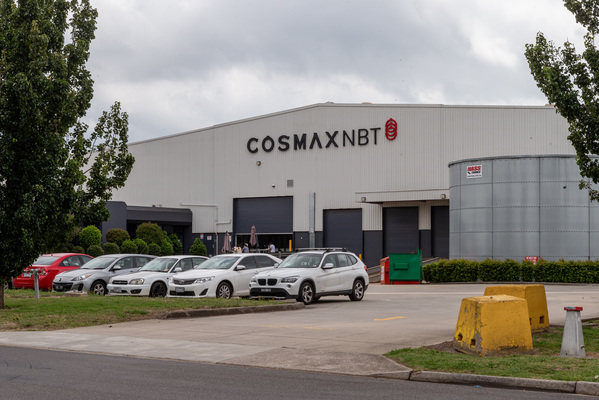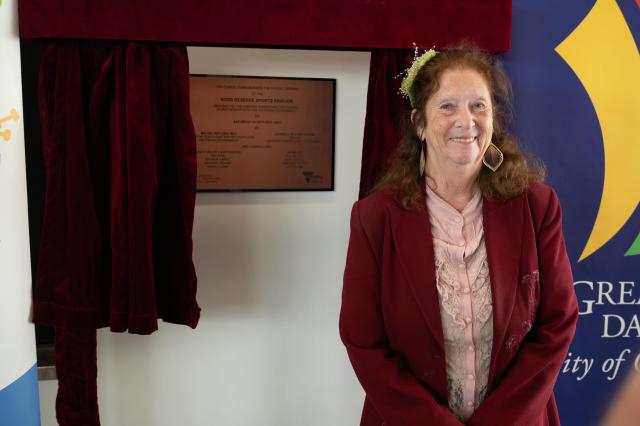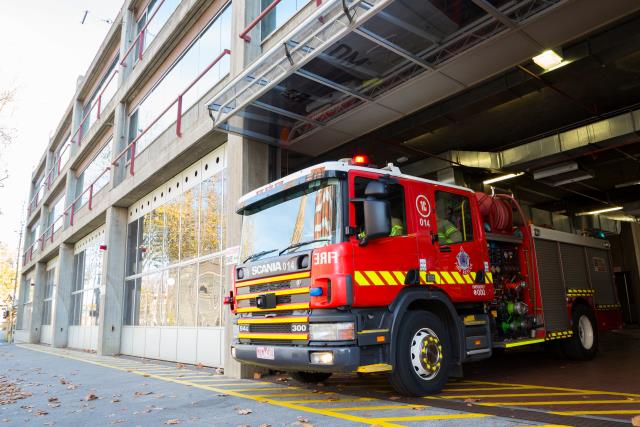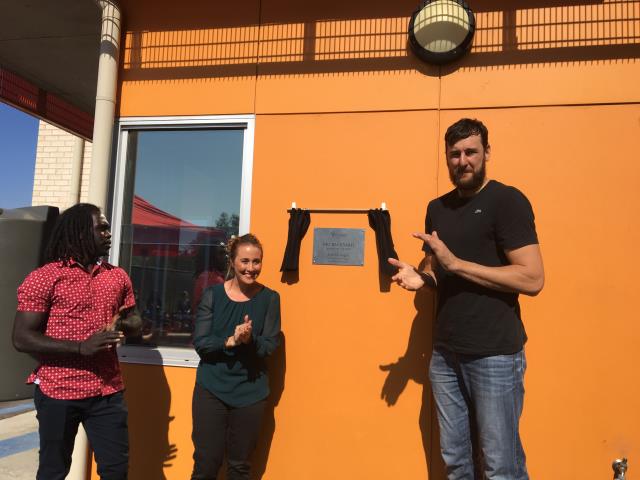A South Korean-owned health-food manufacturer in Dandenong South has been convicted after a worker’s hand was crushed in an unguarded roller-machine.
The labour-hired worker at Cosmax NBT had tried to uncrease a gel sheet that was manually fed into rollers on 20 September 2018, Dandenong Magistrates’ Court heard.
His hand became stuck on the sheet and was dragged into the machine.
With no emergency ‘stop’ button within reach, he screamed for co-workers to halt the machine.
The man was trapped for up to 15 minutes as colleagues dismantled the equipment to free him.
He was taken to The Alfred hospital, and endured three operations to his arm.
Receiving physiotherapy thrice a week, he was not capable of going back to work, a WorkSafe lawyer said.
During a WorkSafe inspection, it was found five other similar machines were also unguarded.
After being issued WorkSafe improvement notices, Cosmax installed guards on the six machines and relocated emergency stop buttons closer to the machines at the cost of $72,000.
Magistrate Rodney Crisp, of Dandenong Magistrates’ Court, expressed disbelief that unguarded machines were still running in “this day and age“.
Unguarded machinery was the bane of process workers’ lives in the 1960s and 1970s, he said.
“I can’t believe still seeing it happening in this day and age.
“The failure to fence that roller machine was gross negligence.
“It was obviously easy to avoid. It’s a standard feature on rolling machines.”
Cosmax pleaded guilty to the workplace safety breach.
A defence lawyer told the court that the factory’s general manager expressed “profound regret” at the company’s “failure”, and apologised to the victim for the harm caused.
He said the company had earlier identified the risk with the brand-new machinery, sourced from South Korea.
But it had used “woefully inadequate” measures to manage the risk, he conceded.
Rather than installing guards, the company used administrative controls and instructions, the lawyer said.
“It was a risk appreciated by the duty controller but just not adequately controlled.”
The lawyer said the company had a profound impact on the local economy, supporting 100 workers. Many of them were new arrivals with “relatively low skill”, he said.
Cosmax had amassed “significant losses” while creating its Australian subsidiary over the past two years.
“The Korean parent company is absolutely invested in Australia and prepared to continue investing in Australia and employing locals in the area.”
The lawyer argued against conviction, given it was the company’s first offence.
The majority of WorkSafe’s 43 guard-related prosecutions in the past year resulted in non-convictions, he said.
A conviction would impact on Cosmax’s ability to meet “ethical” and highly-regulated product standards of its large clients such as Swisse and Amway.
The factory, which opened six months prior to the injury, had no prior offences.
Magistrate Crisp said the worker was subject to an “unsafe regime of work without the merest reflection by the people in charge of it”.
“All I’ll say for commercial considerations is they’re not relevant to safety at all, but relevant to the bottom line.”
He said a non-conviction would be a “positive insult to the WorkSafe initiative”.
Mr Crisp convicted and fined Cosmax $40,000 – a fine that seemed “barely adequate” but was in the range of previous case decisions.
Cosmax was ordered to pay $1875 costs to WorkSafe.







